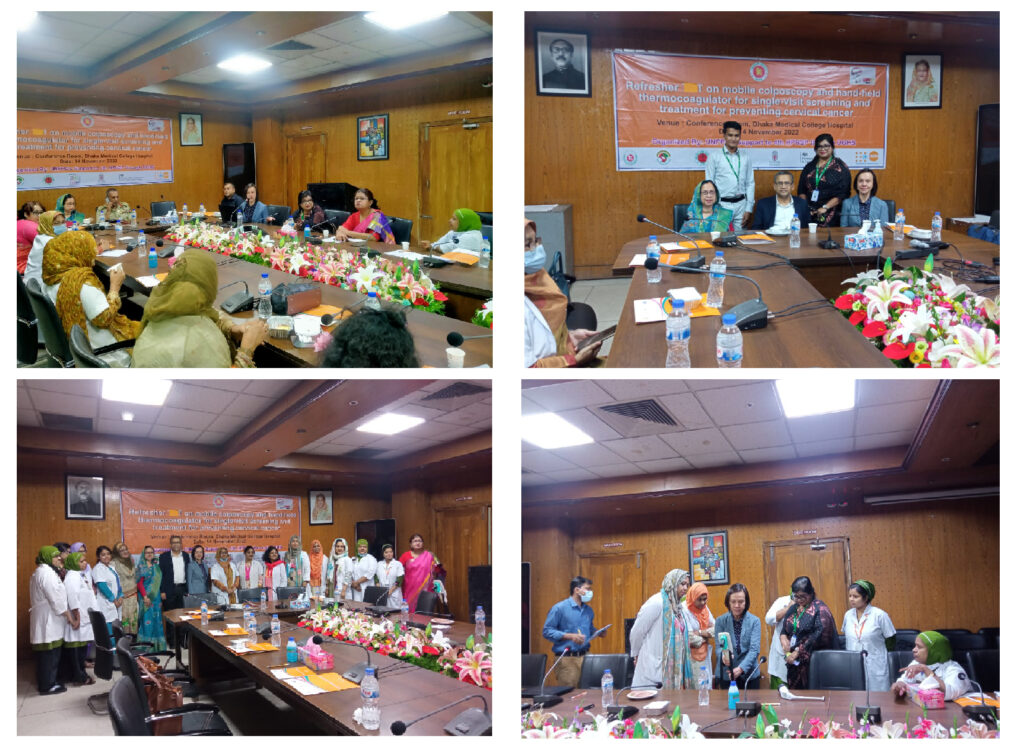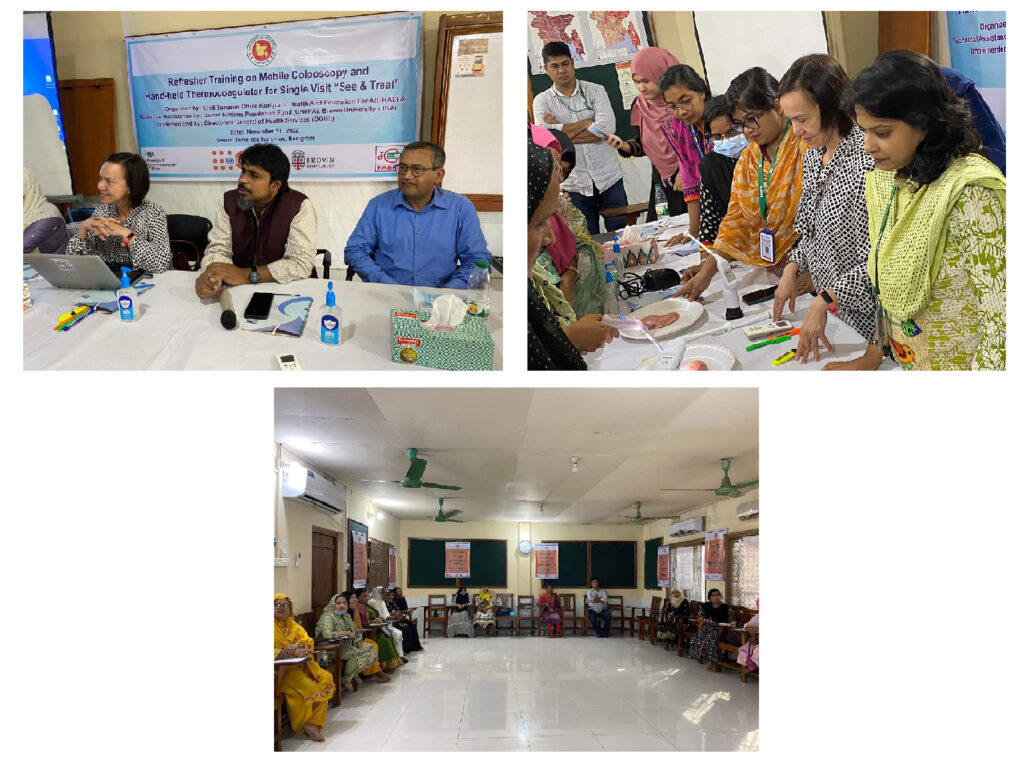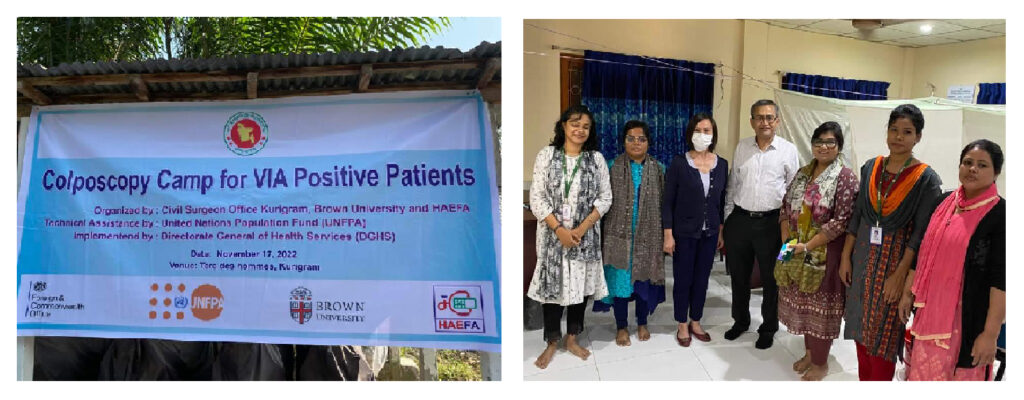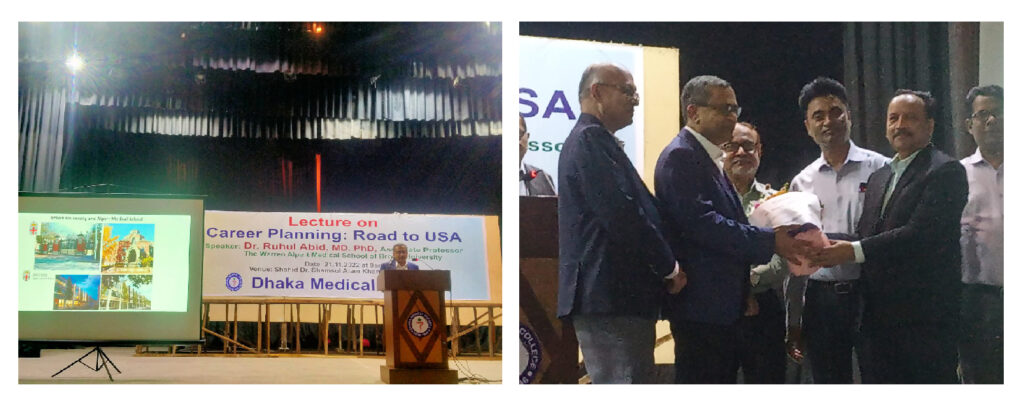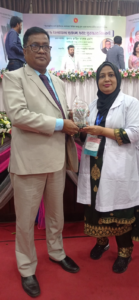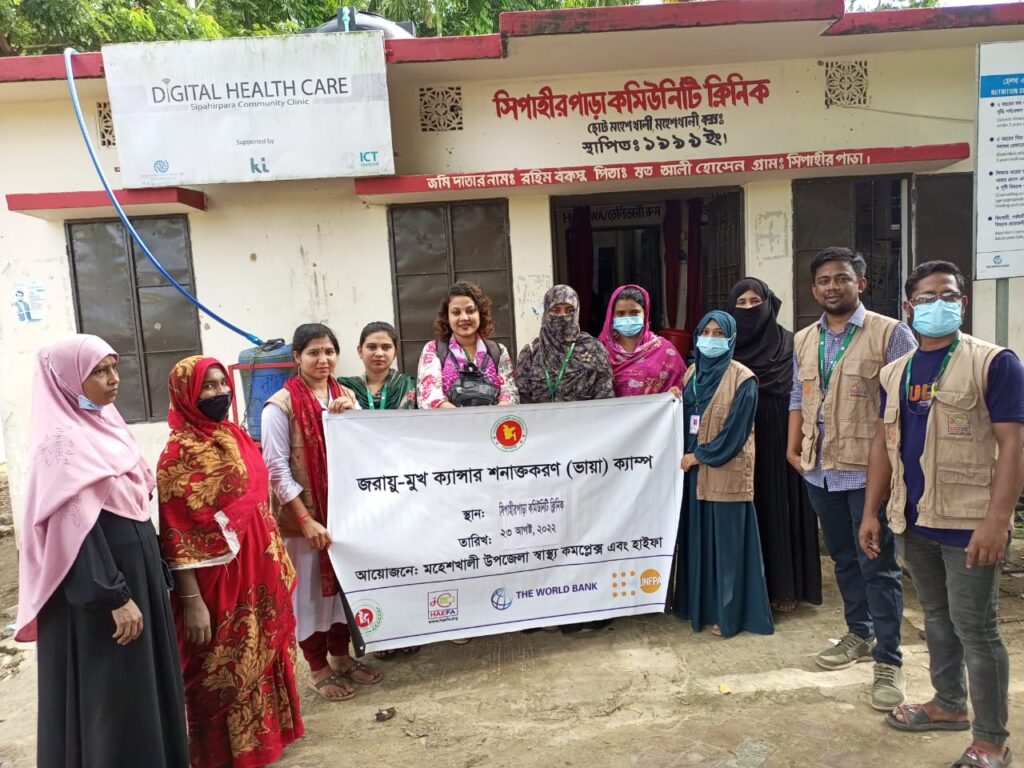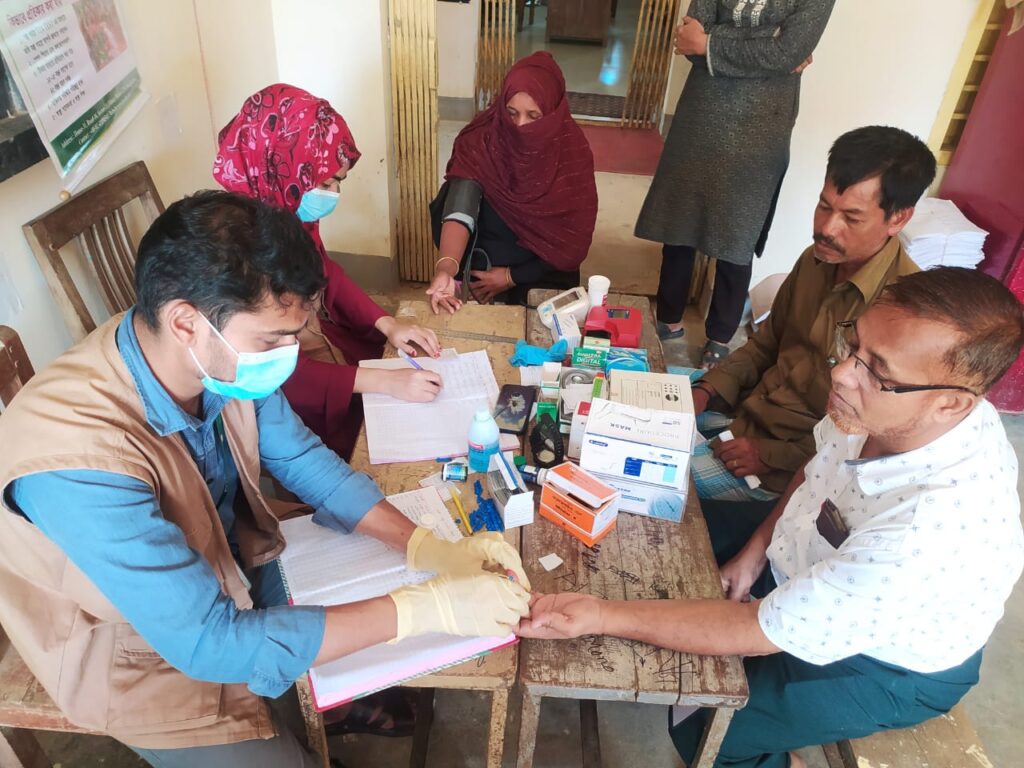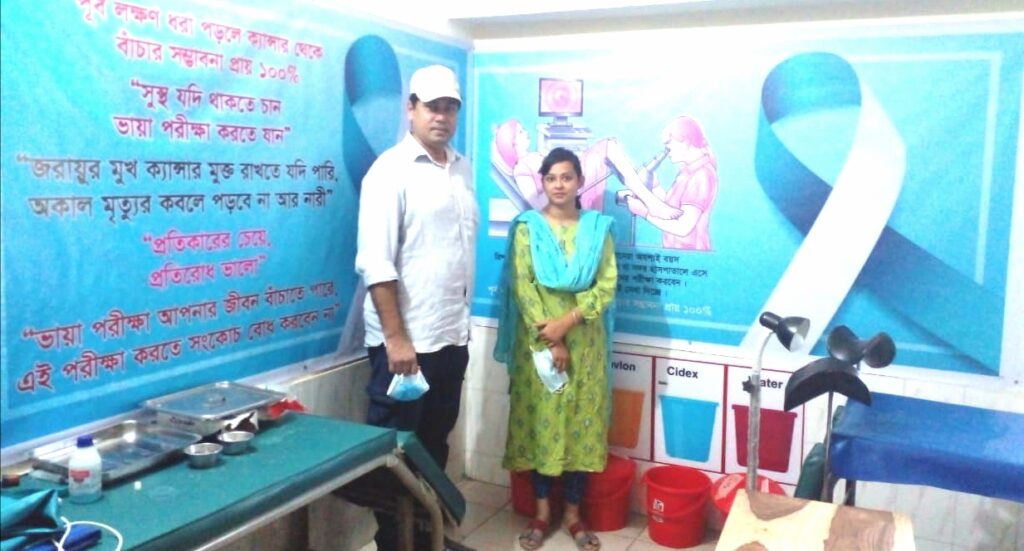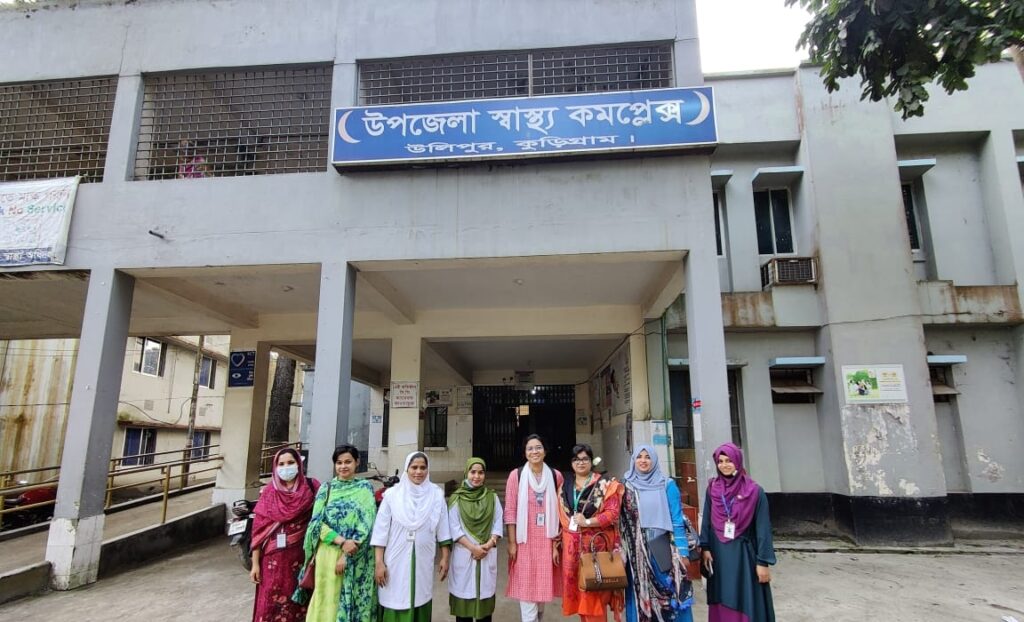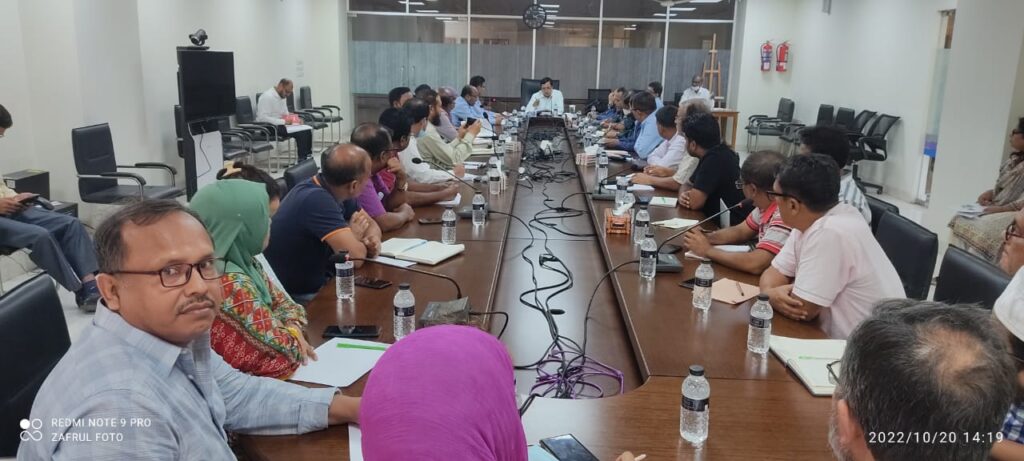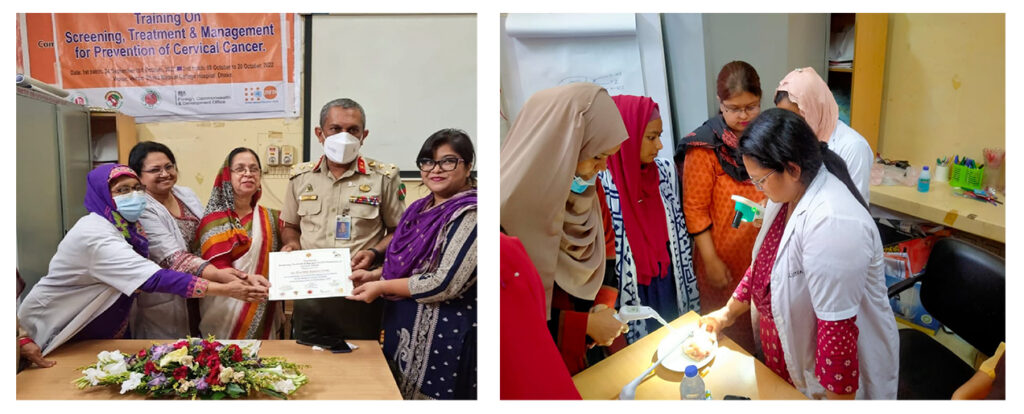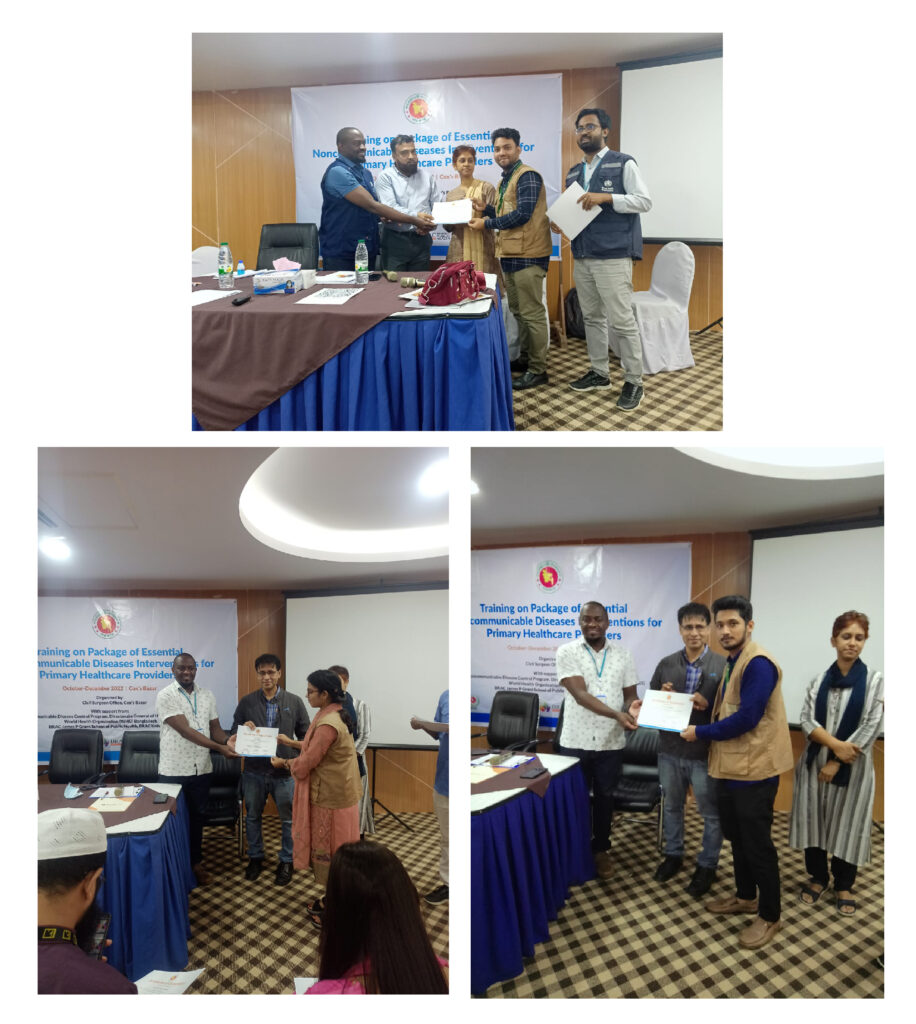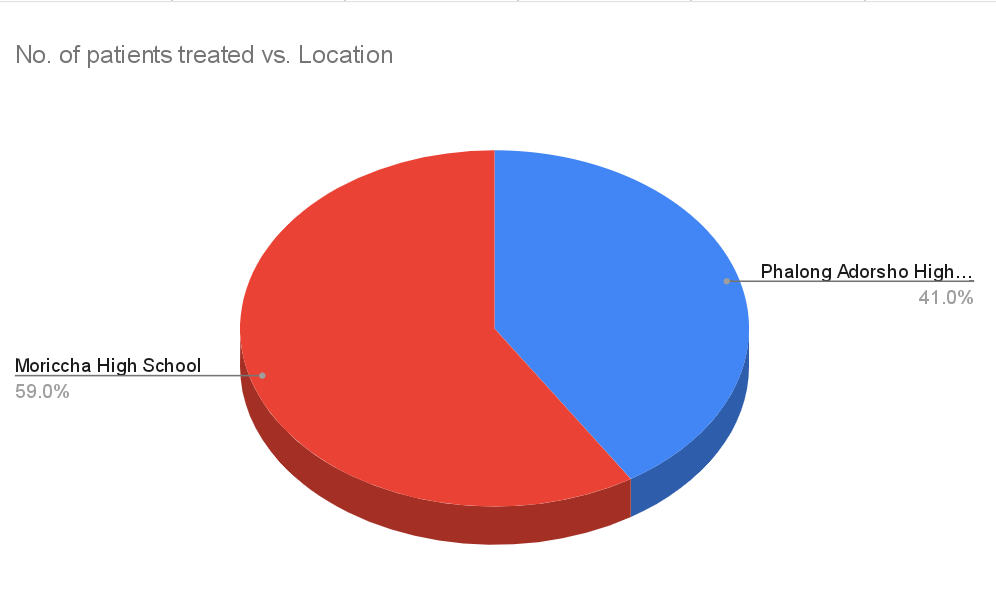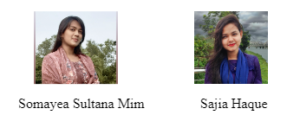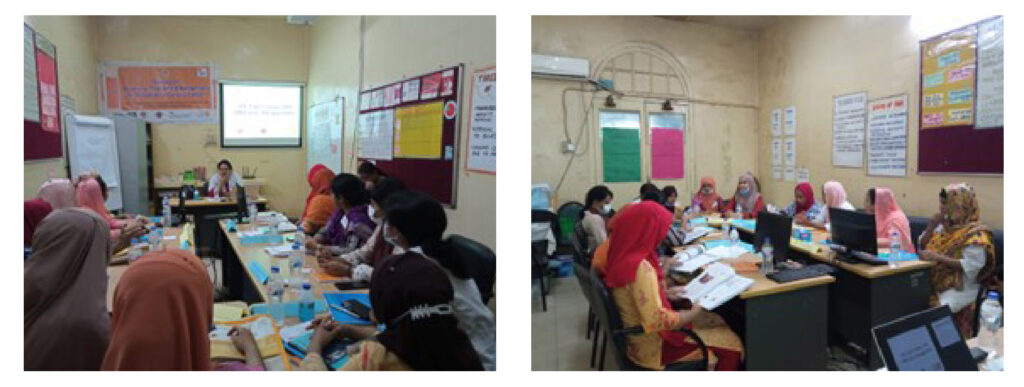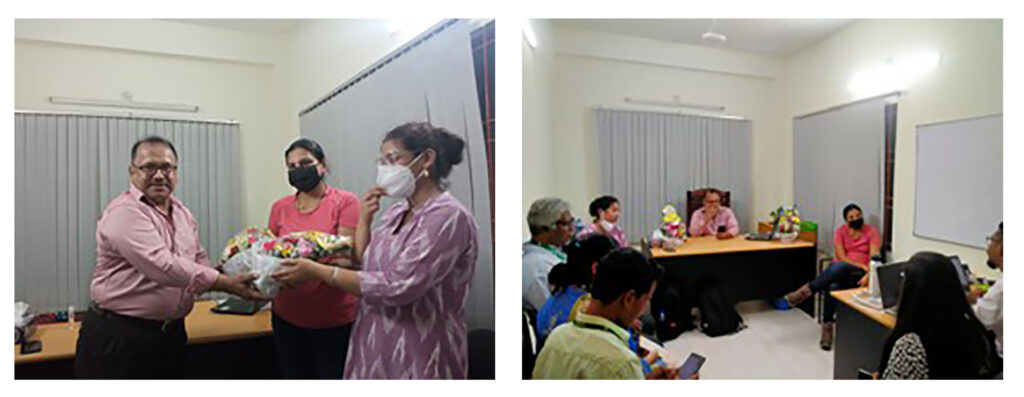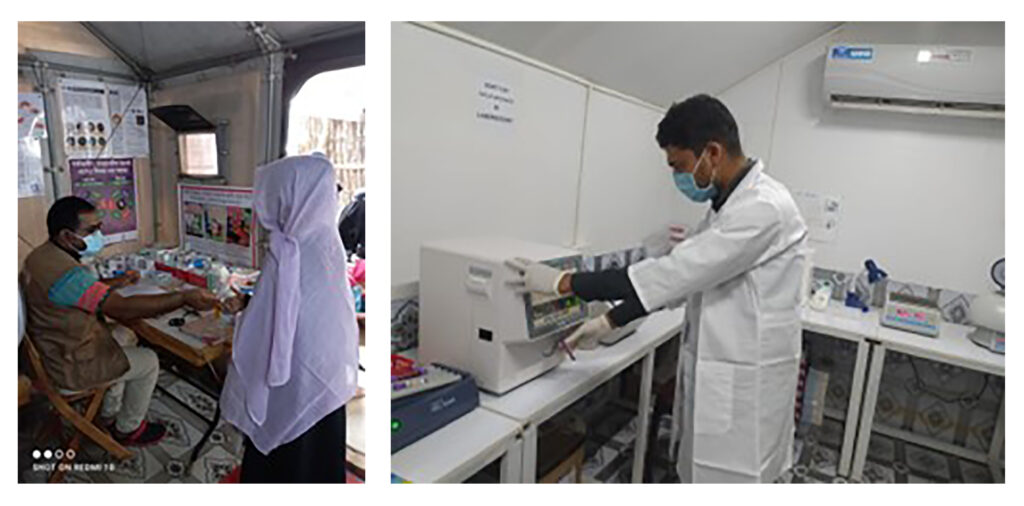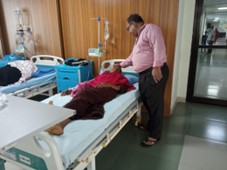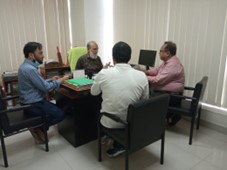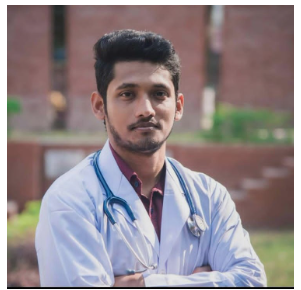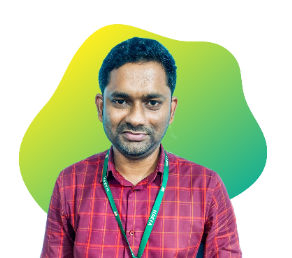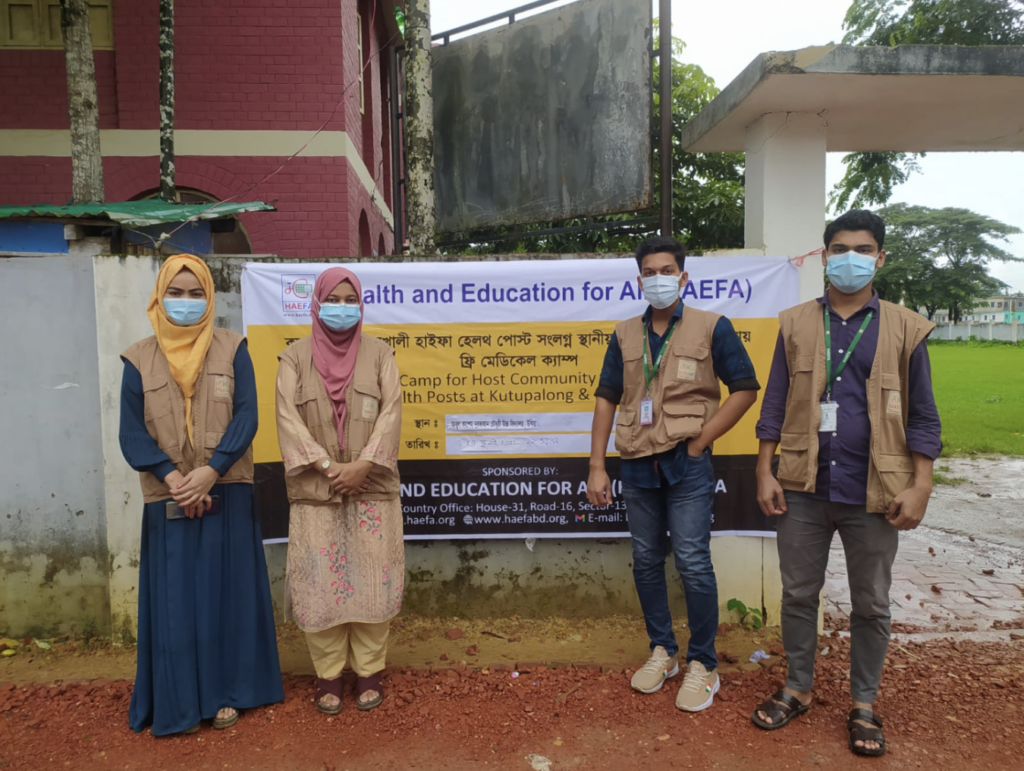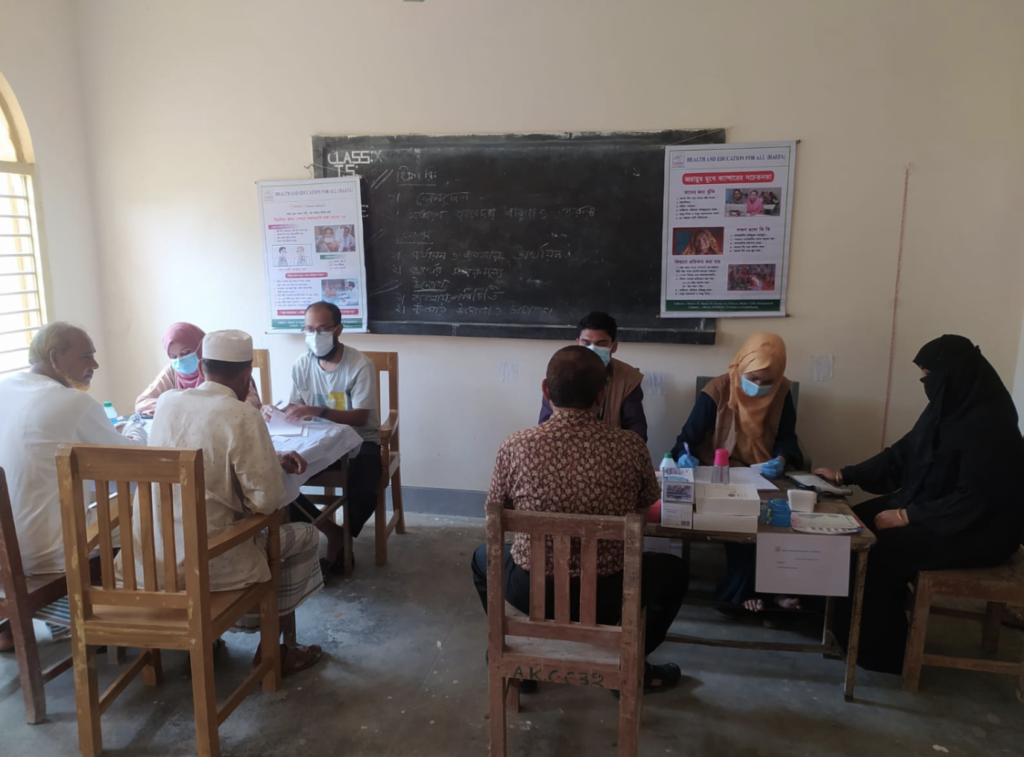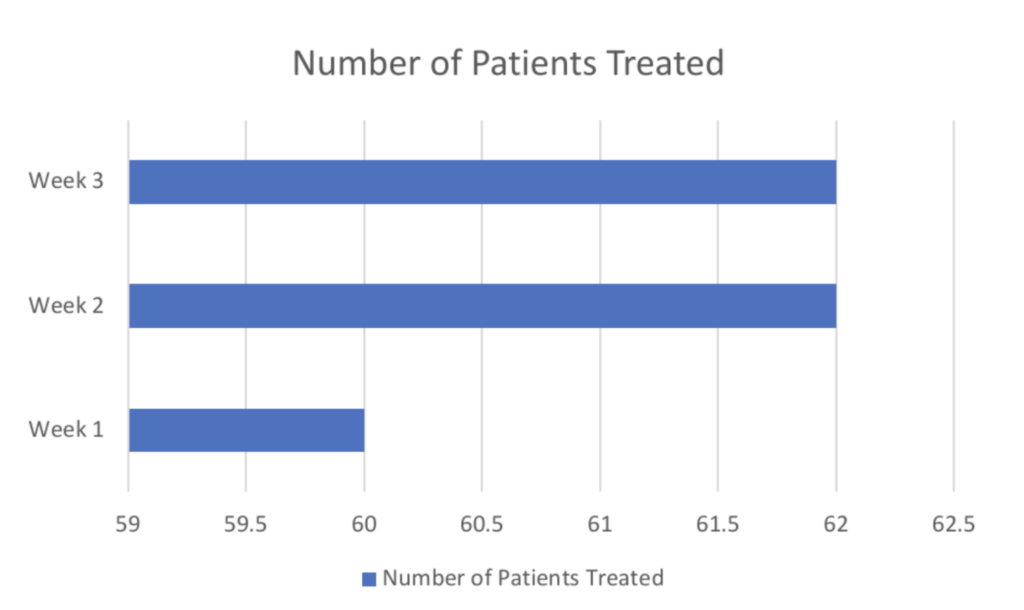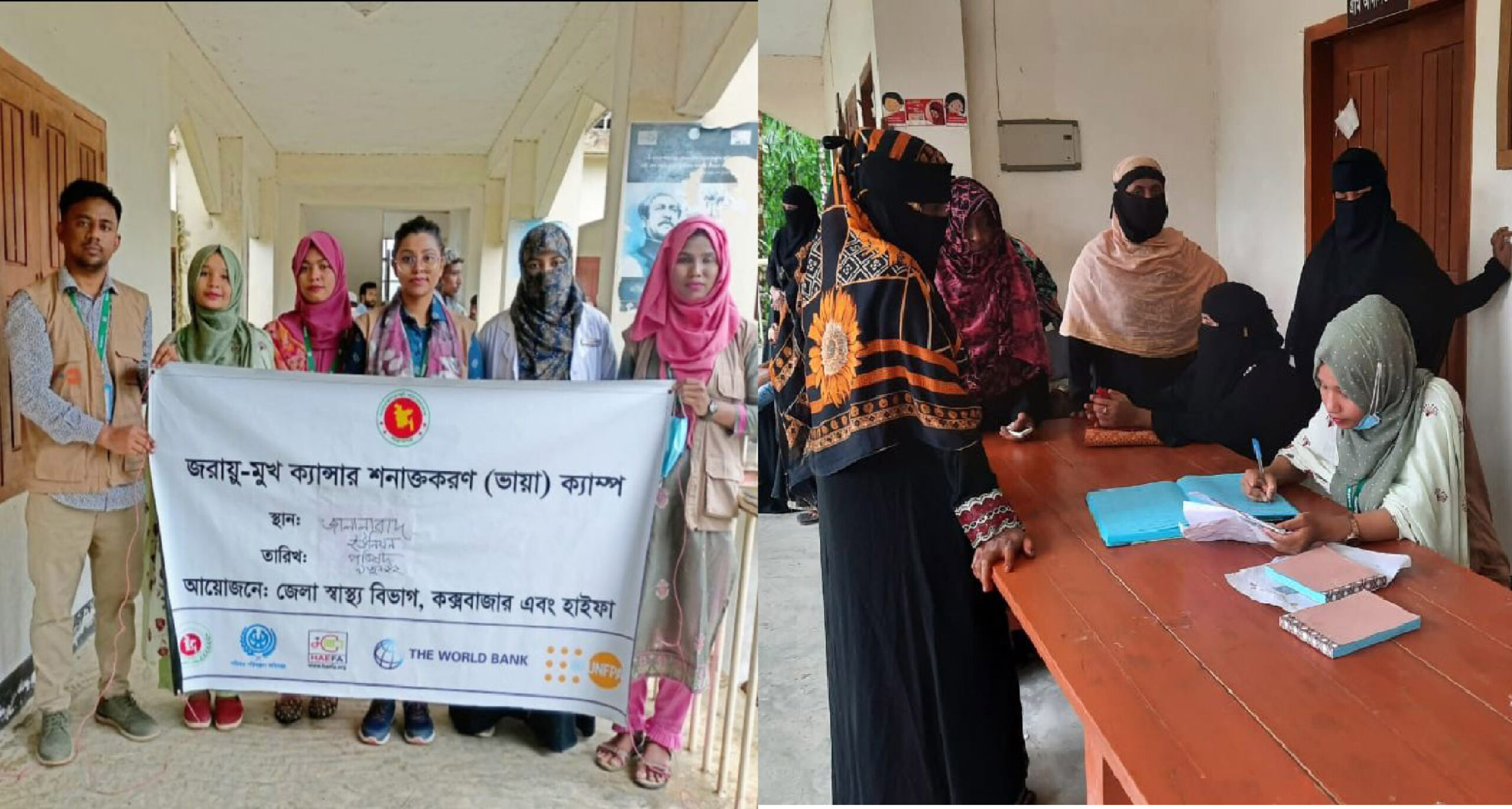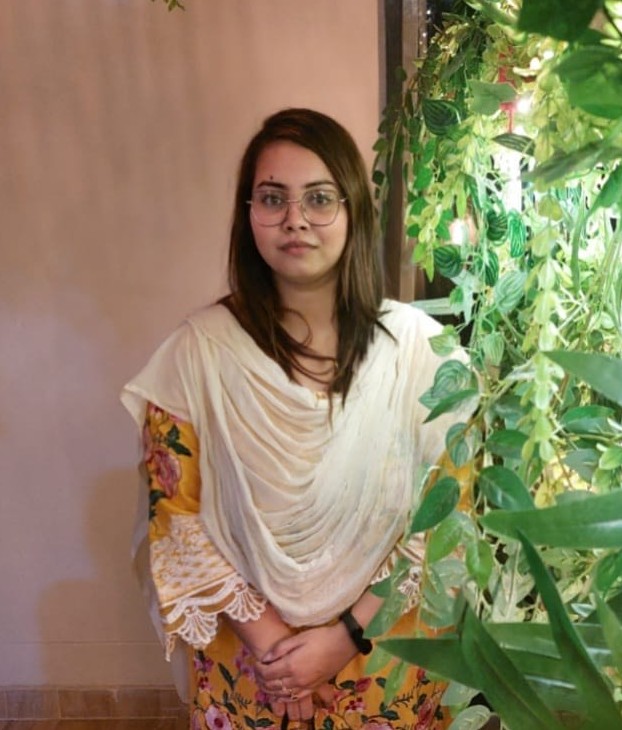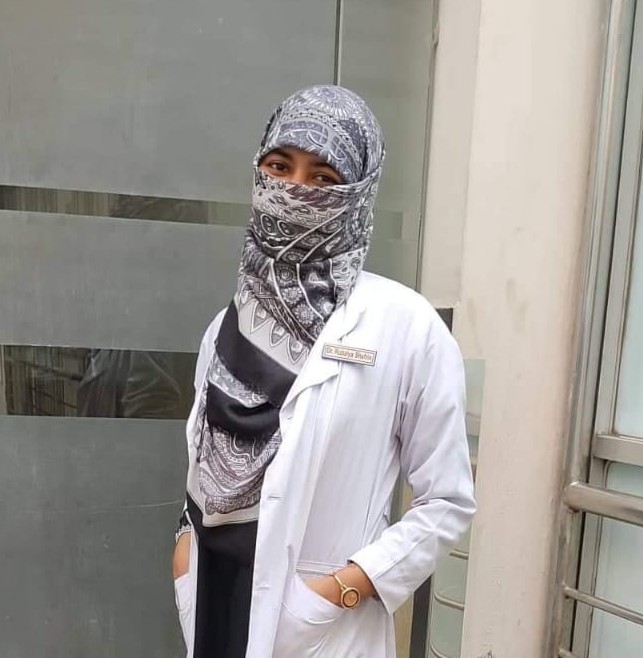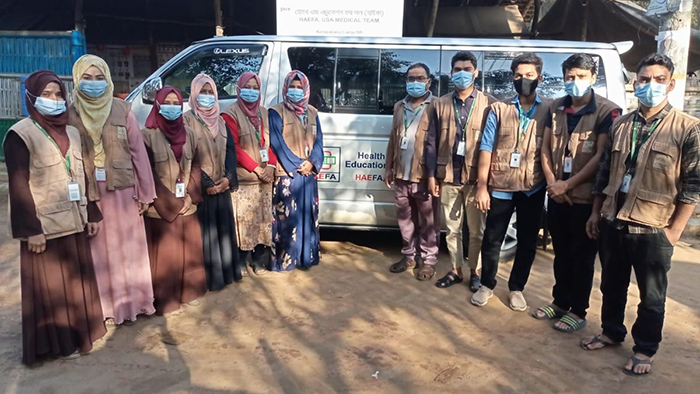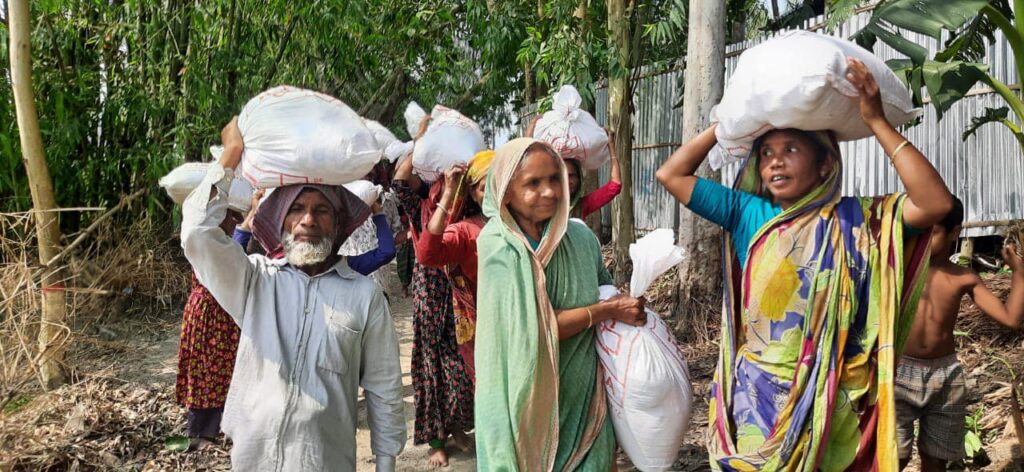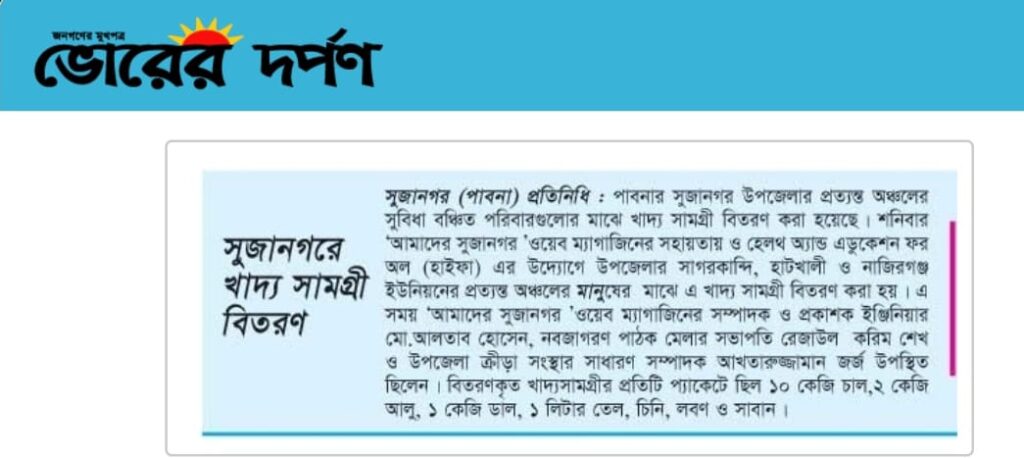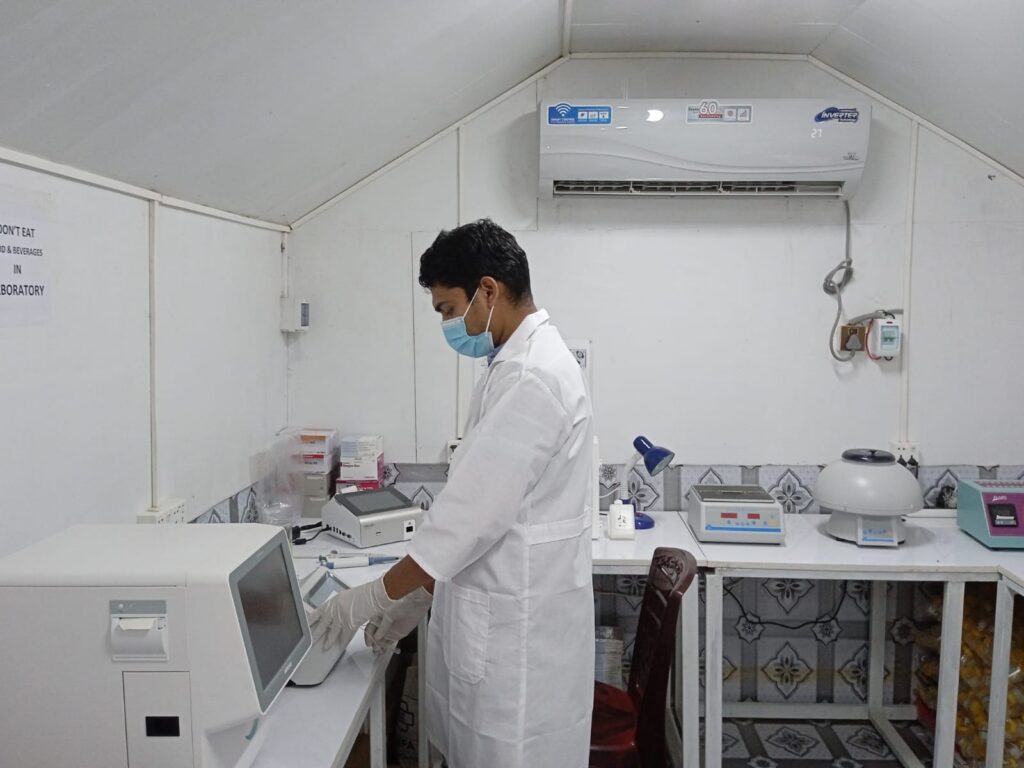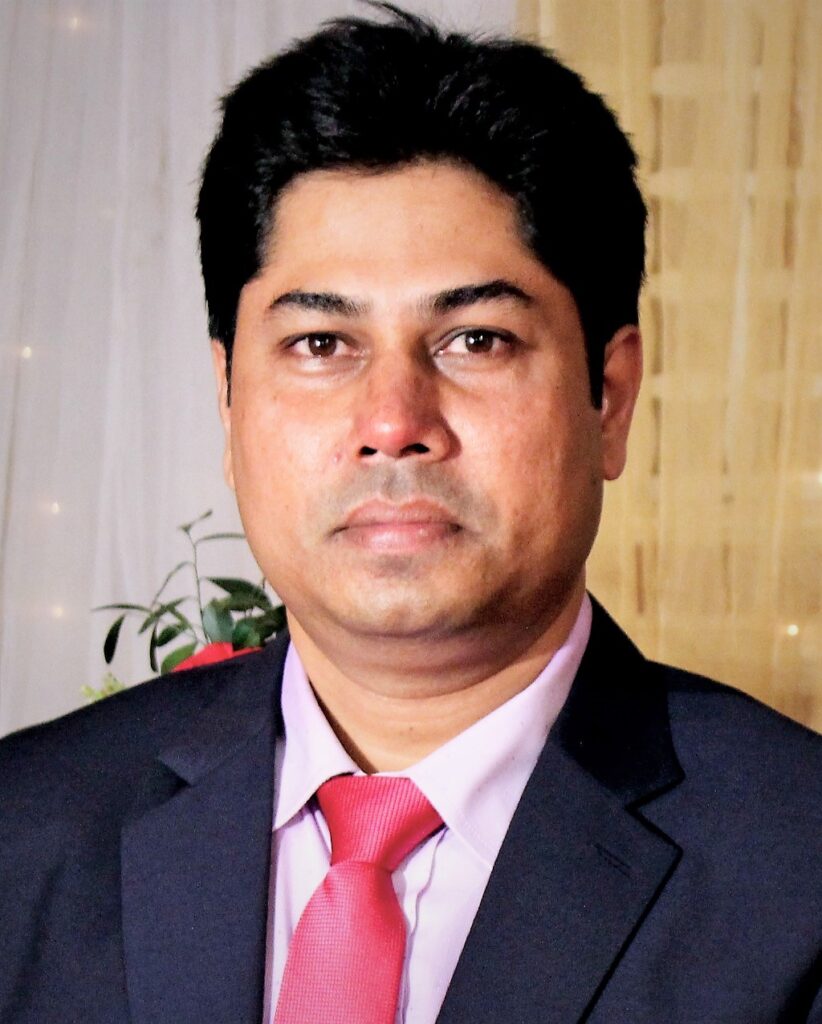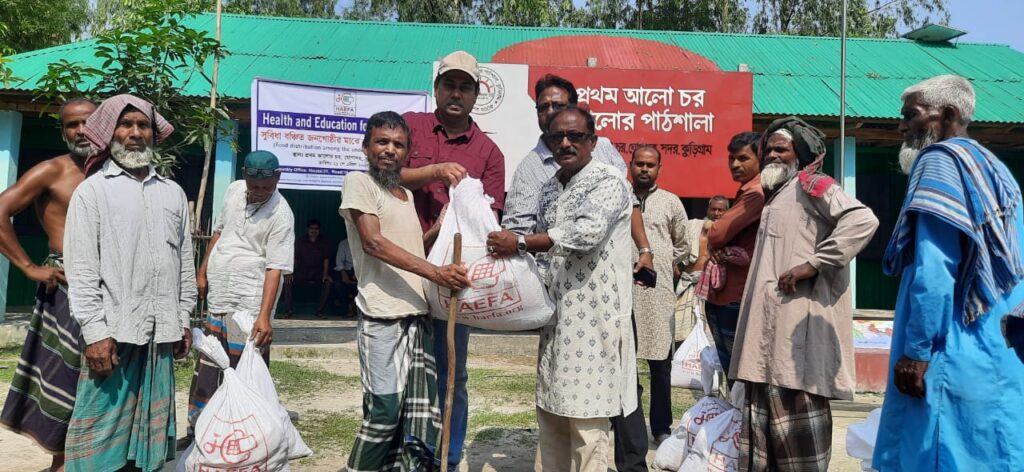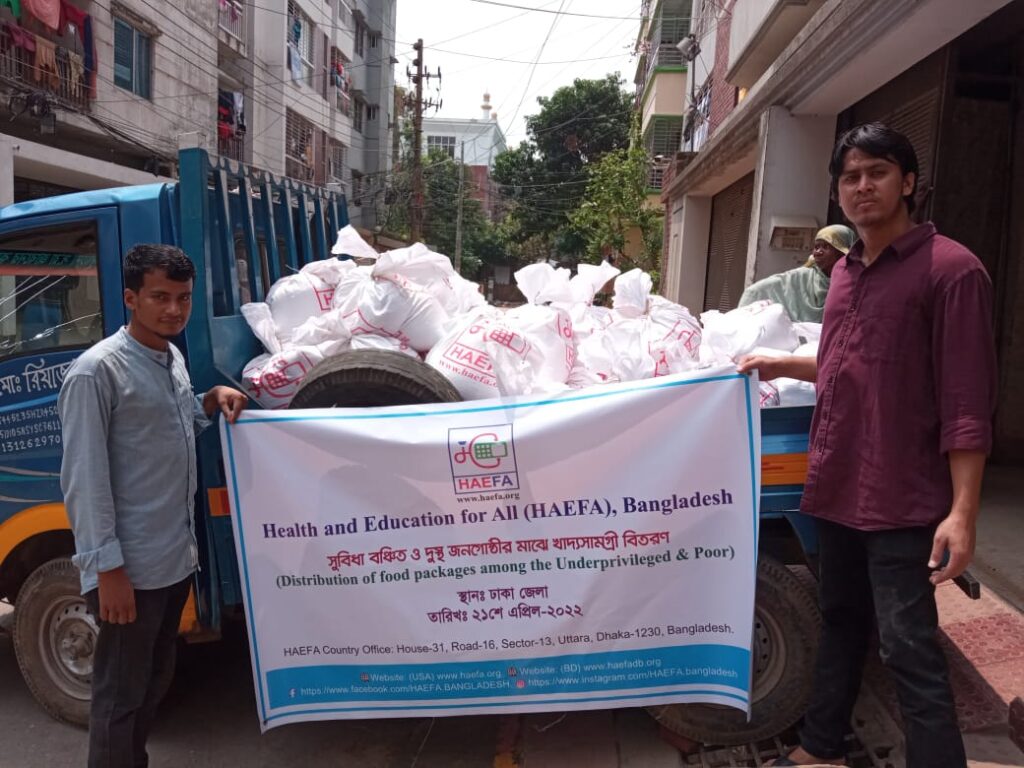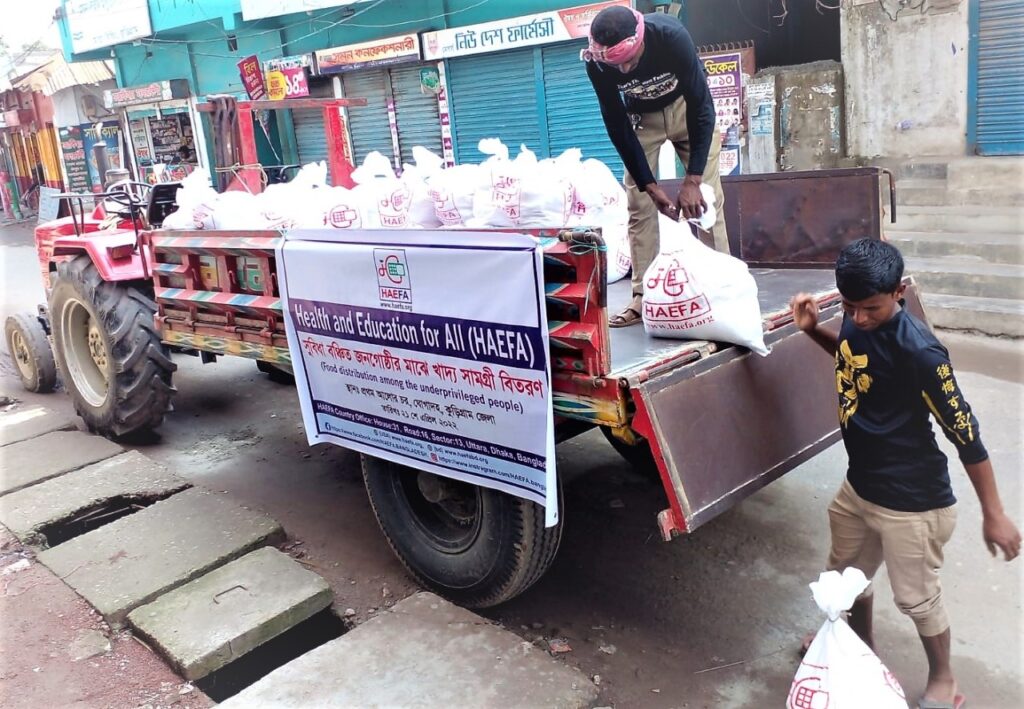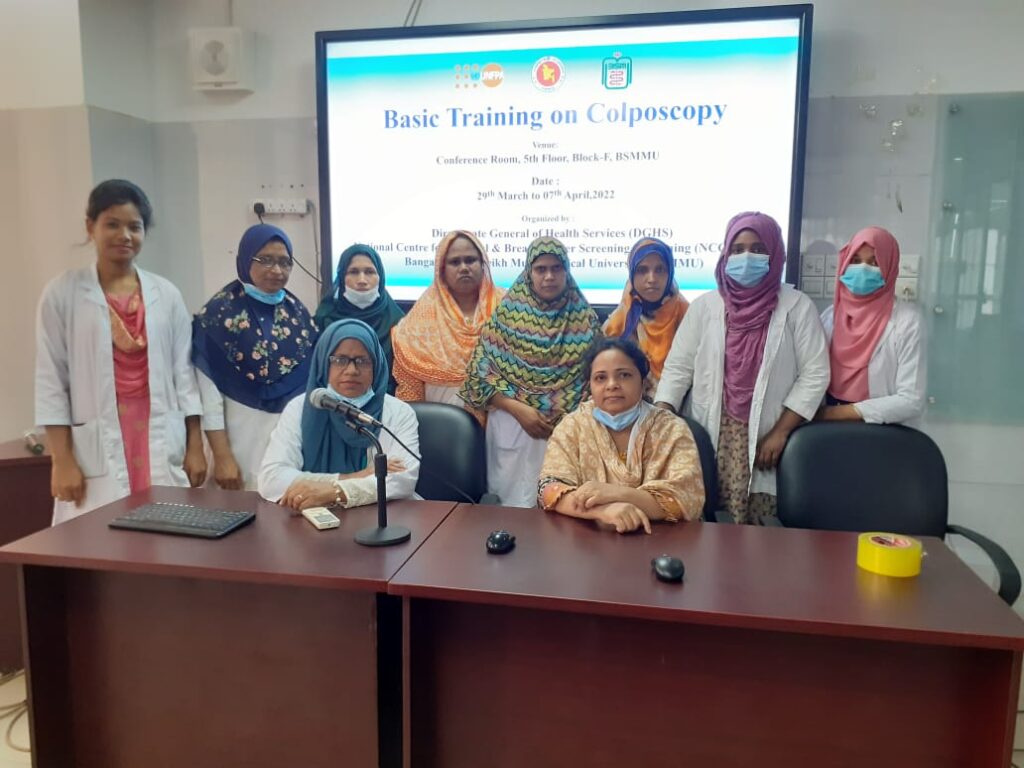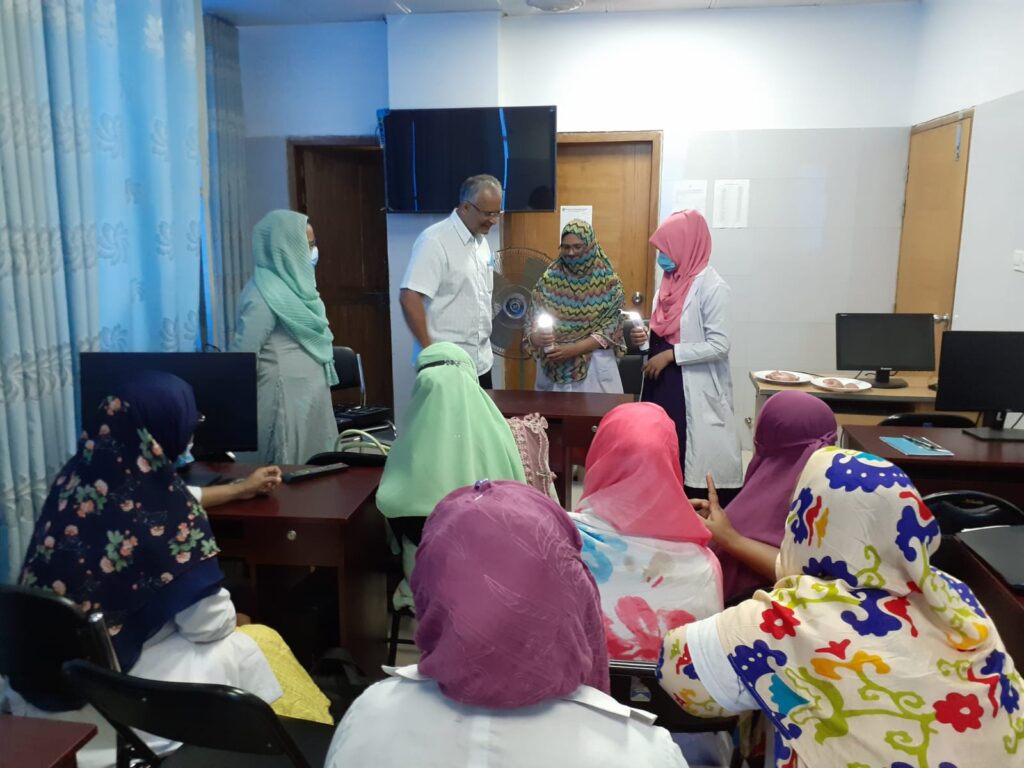HAEFA NEWSLETTER – January 2023
The HAEFA Team wishes you a very Happy New Year 2023

HAEFA’s Healthcare Services in Bangladesh: a year end summary
- 60,337 women (30-60 years) were screened for the detection of early-stage cervical cancer in 6 Upazilas of Kurigram from Nov. 2019 – Dec. 2022
- 38,016 women (30-60 years) were screened for the detection of early-stage cervical cancer in 6 Upazilas of Cox’s Bazar from July 2021 – December 2022
- 254,310 Rohingya refugees/FDMN in Ukhiya and Bangladeshi nationals living in the surrounding Ukhiya Upazila (sub-district) received free medical care in Cox’s Bazar from October 2017 to December 2022
- 39,968 Rohingya refugees/FDMN in Bhashan Char and Bangladeshi nationals living on the island have received free medical care in Bhashan Char, Noakhali, since November 2020
- More than 3290 Bangladeshi nationals in Ukhiya received free medical services from the Mobile Medical Clinics of HAEFA in 2022.
- A total of 9075 Diagnostic Lab Tests have been performed at HAEFA’s NCD-based Path Lab in camp 09 since January 2022.
- More than 6,000 Healthcare providers were trained under the TOT program for Mental Health Support and Resilience Training in collaboration with Project HOPE
- More than 3,000 physicians received the Advanced COVID-19 Clinical Management Certification online at the DGHS, MoHFW website. This course collaborates with DGHS, Brown University CHRHS, Project HOPE, HAEFA, USAID, and SCiB.
- More than 40 students from classes six to twelve at (Bhawal Mirzapur Hazi Jamir Uddin School And College) received annual merit scholarships from 2019 till to date. This is a collaboration between HAEFA and M A Malek Education Scholarship Foundation.
- COVID-19 Relief Effort for Underprivileged people : HAEFA Provided a two-week supply of food packages for more than 1,500 families (5 members/family) in 5 districts of Bangladesh in 2021-2022.
Activities for Development by HAEFA Members
- A monthly coordination meeting with CHCP was held in Nageshwari UHC on December 8th to discuss the ongoing Cervical Cancer Screening and Treatment approach
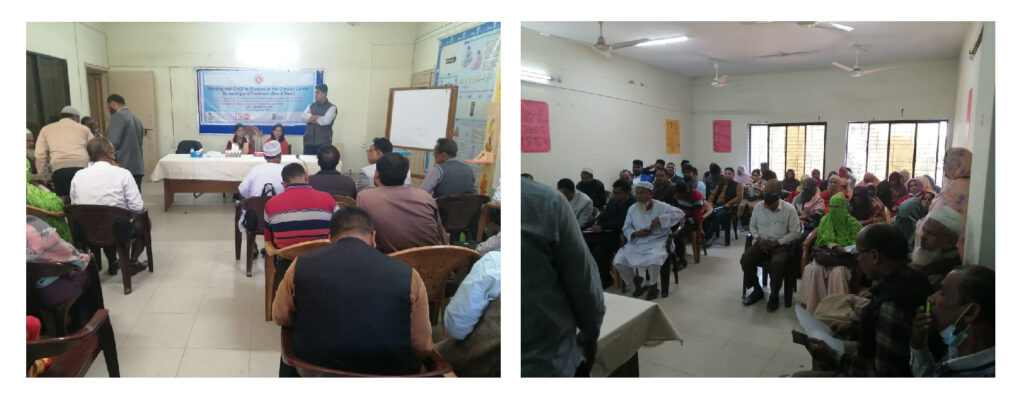
- HAEFA-UNFPA Meeting held on December 18th to discuss the Cervical Cancer Screening and Treatment.
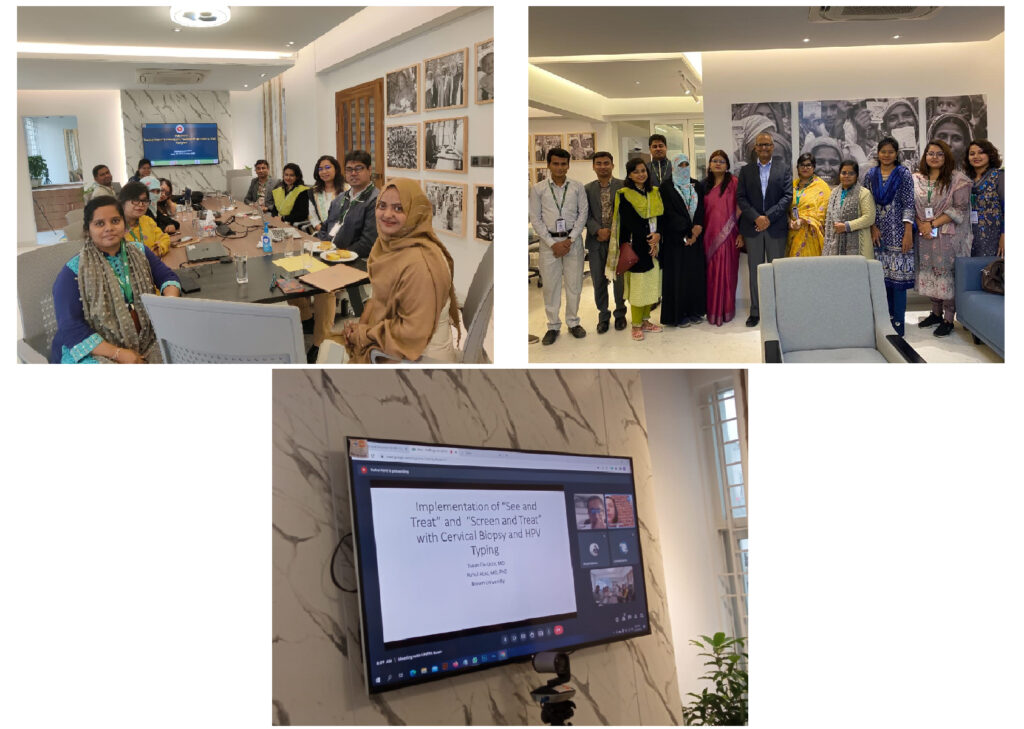
- HAEFA members attend the 1st meeting of the National Cervical Cancer Strategy Revision process at DGHS, Mohakhali on 29th December 2022. The meeting titled “Revision & Update National Strategy of Cervical Cancer Prevention and Control” was attended by ADG, Line Director MNCH (on charge), Program Manager Maternal & Child Health, Consultant DMCH, all consultants from BSMMU related to Cervical Cancer, OGSB consultant, WHO, HIPS Bangladesh’s specialist, DPM MNCH and Program Analyst UNFPA, Maternal health, Program Analyst Nutrition, Program Analyst FP.
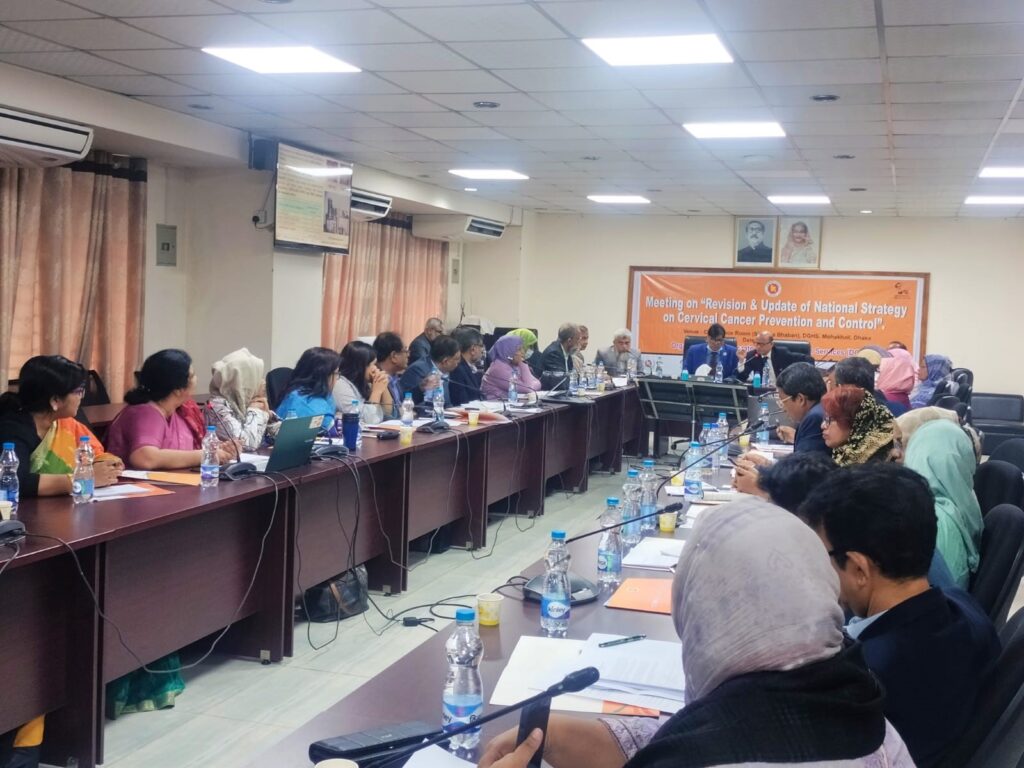
- Thermocoagulator Training held at DMCH on 27th December 2022.
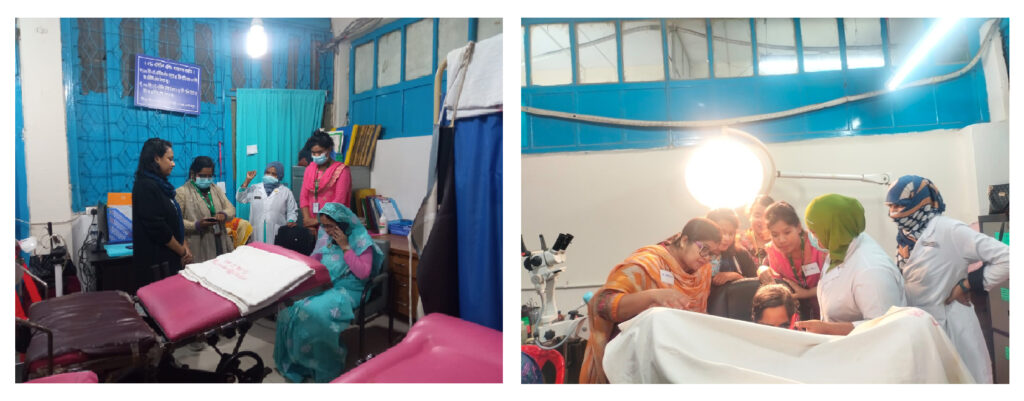
Accessible Healthcare for the Rohingya FDMNs/Refugees
HAEFA healthcare workers have provided free medical care and medicine to the Rohingya FDMNs since its establishment in October 2017. In December 2022, more than 5,860 individuals received free medical care and diagnostic services from HAEFA.
Kutupalong (Camp 1W):
- More than 3,400 patients visited Camp 1W in Kutupalong and received healthcare services.
- 128 laboratory tests were conducted at HAEFA’s semi-automated NCD Pathological Laboratory
Balukhali (Camp 09):
- More than 1,980 patients visited Camp 09 in Balukhali and received healthcare services.
- 191 laboratory tests were conducted at HAEFA’s semi-automated NCD Pathological Laboratory
FDMN Rohingya Camp at Bhashan Char:
- More than 1,740 patients visited the HAEFA Medical Check-Up and Treatment for FDMN Rohingya Camp at Bhashan Char and received healthcare services.
HAEFA Cervical Cancer Screening and Treatment
Cervical cancer kills 6,582 women annually in Bangladesh, where the diagnosis rate is 2-3 times higher than in the U.S. and hosts a mortality rate five times higher. HAEFA has implemented a “See-and-Treat” Cervical Cancer Screening and Treatment Program to reduce these numbers, using a one-stop mobile (digital) colposcopy and thermocoagulation.
- In Kurigram District, HAEFA provided over 1900 women with cervical cancer screenings conducted in Upazila Health Complexes (UHCs). 28 patients were found VIA positive through the initial screening test and referred for further investigation and treatment. One cervical cancer patient received 3 cycle brachytherapie in November, 2022.
- More than 1,480 women were screened in 6 VIA Centers (Sadar Hospital, MCWC, Ramu UHC, Moheshkhali UHC, Chakaria UHC, Pekua UHC) and 6 VIA camps in the respective Upazilas of Cox’s Bazar, including one hard-to-reach Upazila, Moheshkhali, in November. 28 patients were found VIA positive, through the initial VIA screening test and referred for further investigation. 9 colposcopies were performed at Cox’s Bazar Sadar Hospital.
- Cases that tested positive through the initial VIA screening were referred for further investigation. Our team followed up with the patients and organized a second VIA screening test and colposcopy in Cox’s Bazar Sadar Hospital, where both colposcopy and thermocoagulation were performed. The Cox’s Bazar Project team followed up with previously identified cancer patients and referred them to Chattogram Medical College and the National Institute of Cancer Research & Hospital (NICRH), Mohakhali, Dhaka for further treatment.
HAEFA Health Clinic for Host Community
From the beginning of the Rohingya FDMN (refugee) crisis, HAEFA has provided primary medical treatment and medical services for both non-communicable diseases (NCD) and communicable diseases (CD) to the FDMN population as well as to the surrounding host community. Underserved patients from beyond the camp have also been receiving treatment at HAEFA Health Clinics.
Free services provided to patients include screening and treatment for Non-communicable chronic diseases (hypertension, diabetes, asthma, malnutrition), communicable diseases, and Family Planning services. However, due to recently installed fencing setups, the surrounding communities have limited access to health clinics to receive free medical screenings, treatment, and follow-ups. To help these host community patients access care, HAEFA has started a new weekly Mobile Medical Clinic for the host community.
- In December, the HAEFA Health Clinic service for the host community was provided on the 15th of the month to more than 60 patients, at AKNC High School, Ukhiya, Cox’s Bazar, Bangladesh, respectively.
HAEFA believes this new chapter of providing healthcare services to the surrounding host community will improve the quality of life and bring bright smiles and hope to the faces of disadvantaged and vulnerable people.
Donate to Support Our Cause!
HAEFA is in need of donations to support the Rohingya FDMN (Forcibly Displaced Myanmar Nationals) healthcare and COVID-19 relief efforts. Any support, whether donations, outreach, aid in collaboration from personal and professional involvement, or any other method of support to HAEFA and its underprivileged, underserved, and displaced beneficiaries, would be greatly appreciated! All donations to HAEFA are tax-deductible as allowed by the laws of the United States.
HAEFA’s Tax Identification Number (EIN): 46-2997707
NTEE: Public Health Program (E70)
Text-to-Donate: 53-555 (Keyword: HAEFA)

HAEFA Newsletter Editorial Board
Editor

Raihana Mehreen
Associate Editor

Dr. Kaniz Ferdouse Mou
Associate Editor

Copyright © 2023 Health and Education for All (HAEFA), All rights reserved.



